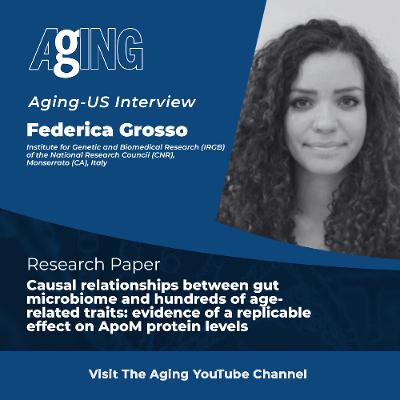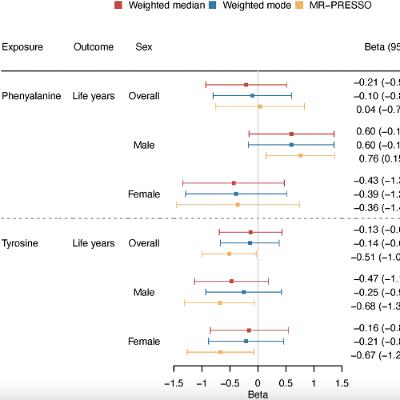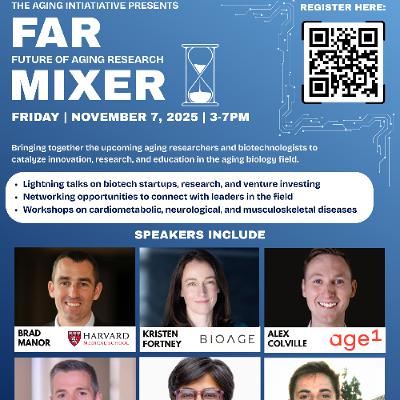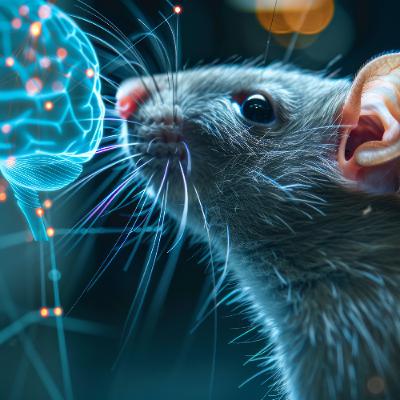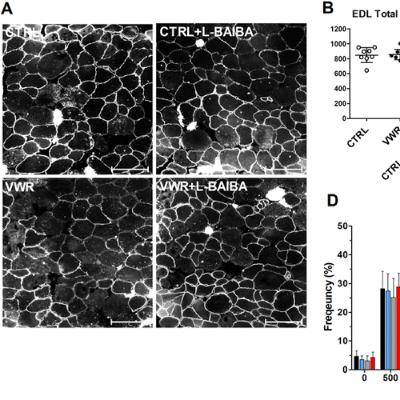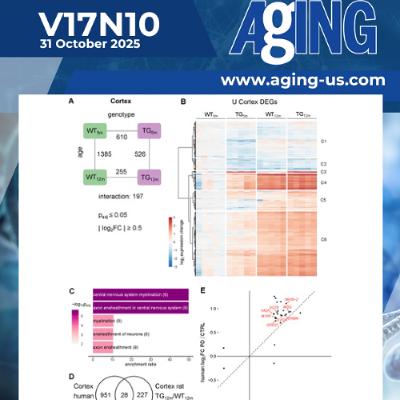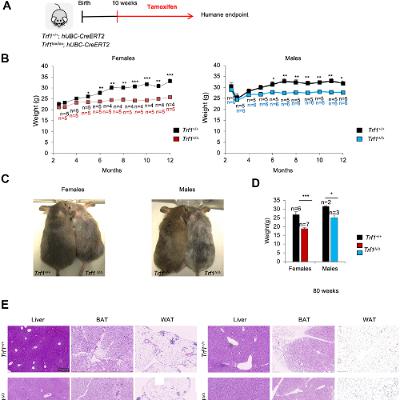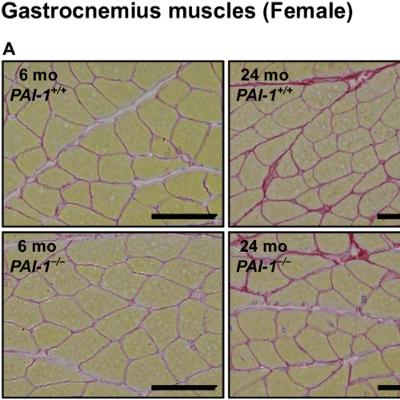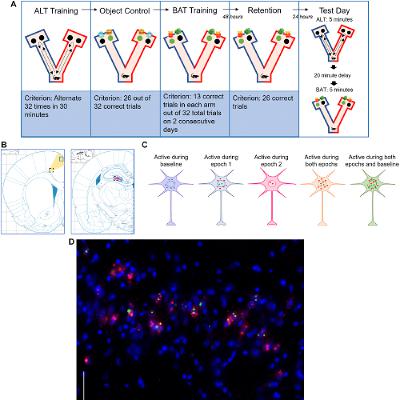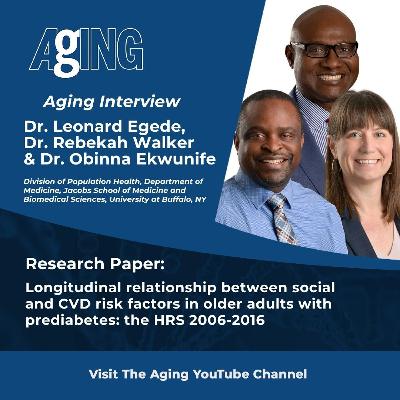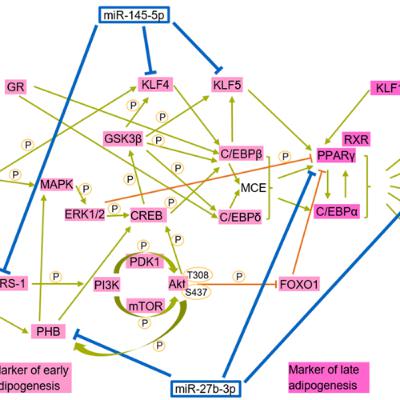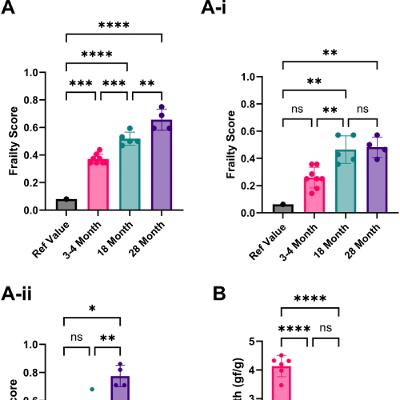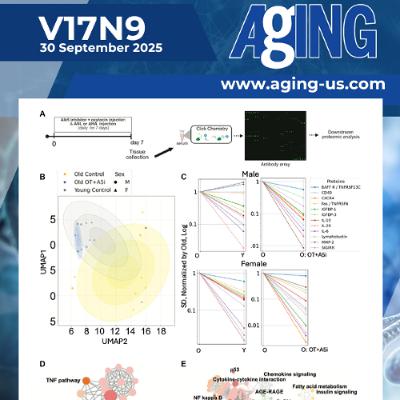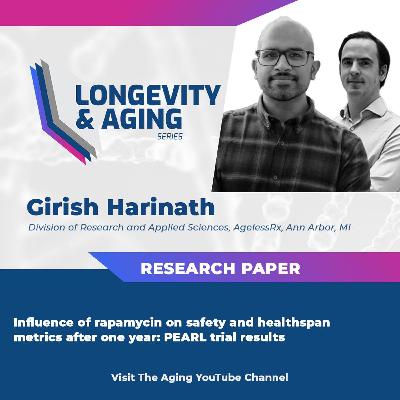Behind the Study: Gut Microbiome Links to Age-Related Traits and ApoM Protein
Update: 2025-10-09
Description
Federica Grosso from the Institute for Genetic and Biomedical Research (IRGB) of the National Research Council (CNR) in Monserrato, Italy, describes a #research paper she co-authored that was #published in Volume 17, Issue 8 of Aging-US, entitled “Causal relationships between gut microbiome and hundreds of age-related traits: evidence of a replicable effect on ApoM protein levels.”
DOI - https://doi.org/10.18632/aging.206293
Corresponding author - Serena Sanna - serena.sanna@cnr.it
Video interview - https://www.youtube.com/watch?v=qYg42_gn_pw
Abstract
In the past 20 years, the involvement of gut microbiome in human health has received particular attention, but its contribution to age-related diseases remains unclear. To address this, we performed a comprehensive two-sample Mendelian Randomization investigation, testing 55130 potential causal relationships between 37 traits representing gut microbiome composition and function and age-related phenotypes, including 1472 inflammatory and cardiometabolic circulating plasma proteins from UK Biobank Pharma Proteomic Project and 18 complex traits. A total of 91 causal relationships remained significant after multiple testing correction (false discovery rate p-value <0.05) and sensitivity analyses, notably two with the risk of developing age-related macular degeneration and 89 with plasma proteins. The link between purine nucleotides degradation II aerobic pathway and apolipoprotein M was further replicated using independent genome-wide association study data. Finally, by taking advantage of previously reported biological function of Faecalibacterium prausnitzii we found evidence of regulation of six proteins by its function as mucosal-A antigen utilization. These results support the role of gut microbiome as modulator of the inflammatory and cardiometabolic circuits, that may contribute to the onset of age-related diseases, albeit future studies are needed to investigate the underlying biological mechanisms.
Sign up for free Altmetric alerts about this article -
https://aging.altmetric.com/details/email_updates?id=10.18632%2Faging.206293
Subscribe for free publication alerts from Aging - https://www.aging-us.com/subscribe-to-toc-alerts
Keywords - aging, causal inference, aging, gut microbiome, inflammatory proteins, age-related macular degeneration
To learn more about the journal, please visit our website at https://www.Aging-US.com and connect with us on social media at:
Facebook - https://www.facebook.com/AgingUS/
X - https://twitter.com/AgingJrnl
Instagram - https://www.instagram.com/agingjrnl/
YouTube - https://www.youtube.com/@AgingJournal
LinkedIn - https://www.linkedin.com/company/aging/
Bluesky - https://bsky.app/profile/aging-us.bsky.social
Pinterest - https://www.pinterest.com/AgingUS/
Spotify - https://open.spotify.com/show/1X4HQQgegjReaf6Mozn6Mc
MEDIA@IMPACTJOURNALS.COM
DOI - https://doi.org/10.18632/aging.206293
Corresponding author - Serena Sanna - serena.sanna@cnr.it
Video interview - https://www.youtube.com/watch?v=qYg42_gn_pw
Abstract
In the past 20 years, the involvement of gut microbiome in human health has received particular attention, but its contribution to age-related diseases remains unclear. To address this, we performed a comprehensive two-sample Mendelian Randomization investigation, testing 55130 potential causal relationships between 37 traits representing gut microbiome composition and function and age-related phenotypes, including 1472 inflammatory and cardiometabolic circulating plasma proteins from UK Biobank Pharma Proteomic Project and 18 complex traits. A total of 91 causal relationships remained significant after multiple testing correction (false discovery rate p-value <0.05) and sensitivity analyses, notably two with the risk of developing age-related macular degeneration and 89 with plasma proteins. The link between purine nucleotides degradation II aerobic pathway and apolipoprotein M was further replicated using independent genome-wide association study data. Finally, by taking advantage of previously reported biological function of Faecalibacterium prausnitzii we found evidence of regulation of six proteins by its function as mucosal-A antigen utilization. These results support the role of gut microbiome as modulator of the inflammatory and cardiometabolic circuits, that may contribute to the onset of age-related diseases, albeit future studies are needed to investigate the underlying biological mechanisms.
Sign up for free Altmetric alerts about this article -
https://aging.altmetric.com/details/email_updates?id=10.18632%2Faging.206293
Subscribe for free publication alerts from Aging - https://www.aging-us.com/subscribe-to-toc-alerts
Keywords - aging, causal inference, aging, gut microbiome, inflammatory proteins, age-related macular degeneration
To learn more about the journal, please visit our website at https://www.Aging-US.com and connect with us on social media at:
Facebook - https://www.facebook.com/AgingUS/
X - https://twitter.com/AgingJrnl
Instagram - https://www.instagram.com/agingjrnl/
YouTube - https://www.youtube.com/@AgingJournal
LinkedIn - https://www.linkedin.com/company/aging/
Bluesky - https://bsky.app/profile/aging-us.bsky.social
Pinterest - https://www.pinterest.com/AgingUS/
Spotify - https://open.spotify.com/show/1X4HQQgegjReaf6Mozn6Mc
MEDIA@IMPACTJOURNALS.COM
Comments
In Channel

